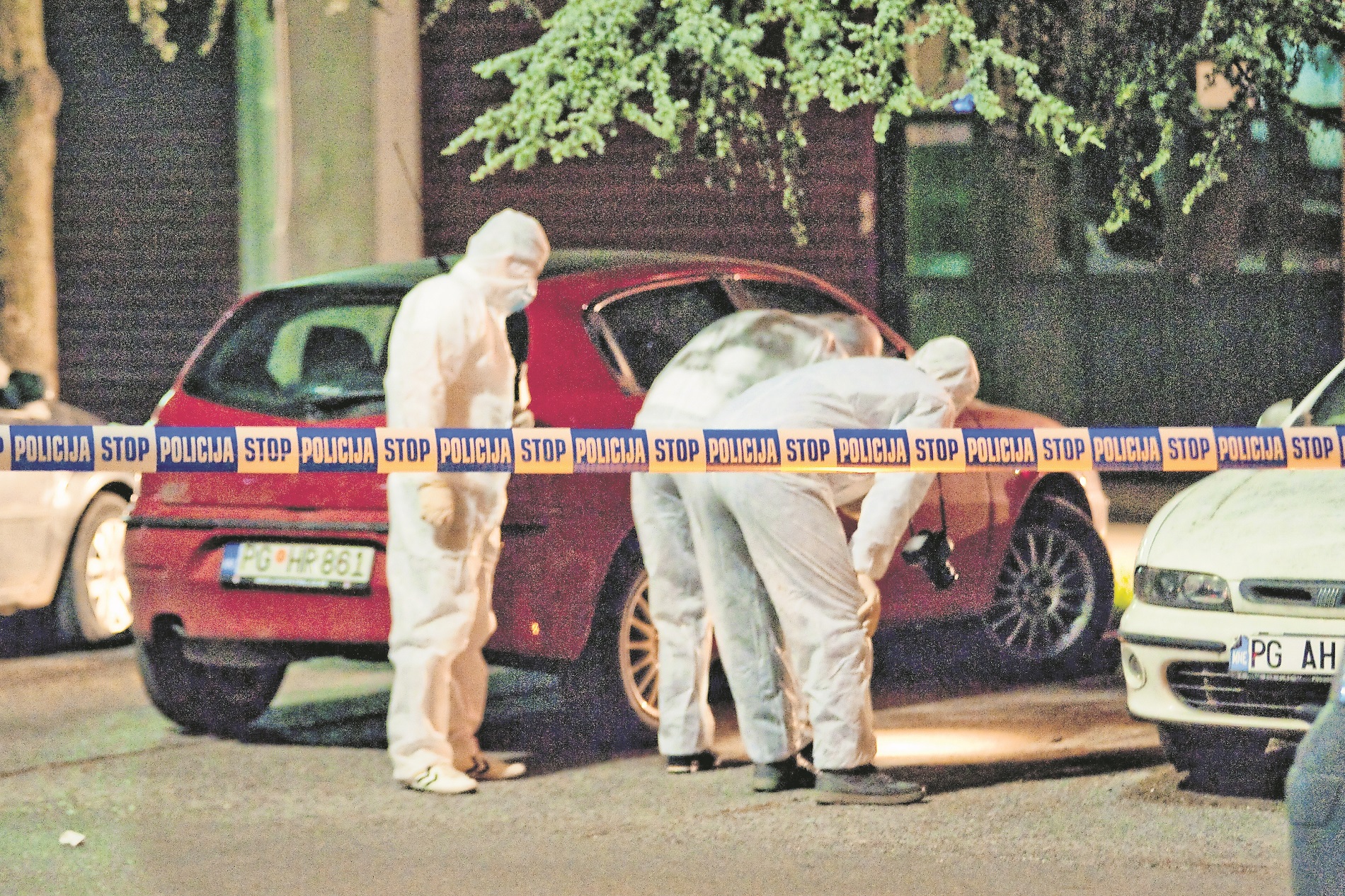This investigation is part of the JFJ Investigative Grant Programme and has been initially published by the crime and corruption reporting network LUPA. Authors: Vladimir Otasevic and Marko Vesovic
The High Prosecutors Office (HPO) and the Special Prosecutors Office (SPO) have not disclosed any investigation findings into the attack on Olivera Lakic to the Commission for Monitoring Investigations of Attacks on Journalists (CMIAJ). Lakic was a journalist with Vijesti Independent Daily.
The Commission’s quarterly report (June 4 to October 4, 2021) explicitly states that public prosecutors wouldn’t share any information as SPO believes that members of the Commission are not entitled to see the investigation files at all.
The Special Prosecutors Office informed the Commission that it could not disclose the case files in relation to Article 203 of the Criminal Procedure Code since the Commission is not a party to the criminal procedure. Moreover, the case files are not under the remit of the Commission. The SPO presented a report in which it elaborated its activities. Several conclusions have been drawn.
“In the period from November 2019 to December 23, 2020, the High Prosecutors Office in Podgorica wouldn’t disclose to the Commission the minutes of the interrogation of Mario Milosevic and Milovan Zizic. Since the case was relegated to the Special Prosecutor Office on December 23, 2020, and a new case was initiated (Kti-S.br. 34/20 dated 25 December 2020) the injured party Olivera Lakic was not questioned. While it was investigating the attack the Special Prosecutors Office bypassed the injured party Olivera Lakic and denied her to actively participate in the investigation (in terms of questioning of witnesses and defendants) to which she was entitled to in accordance with Article 282 of the Criminal Procedure Code. The practice of denying the Lakic Case files to the Commission has continued, even though the Commission has permission to access the classified information of the highest level” is stated in the conclusions drafted by the Commission. The undersigned journalists tried to reach out to Olivera Lakic, but she wouldn’t talk about the aforesaid topic.
Lakic fell victim to numerous threats and physical assaults following a series of articles about illicit production and smuggling of cigarettes in the Tara Factory in Mojkovac and a warehouse on the outskirts of Podgorica, the nation’s capital. The business had links to senior officials of the National Police and the National Security Agency (NSA).
The first time she came under physical attack was in 2012 in front of her apartment building in Podgorica. Then in 2018, she was wounded by a firearm at the same place.

Two years ago, the State Department awarded Olivera Lakic the International Women of Courage Award which she received from the hands of the then-first lady Melanie Trump. Lakic now lives a secluded life and is under the constant worry of her safety.
Candidate for the new Prosecutor General Aleksandar Kovacevic (PhD in Law) said that formally and legally speaking, a public prosecutor may refuse to deliver the requested data to the Commission for Monitoring Investigations of Attacks on Journalists.
Mr Kovacevic says that prosecutors can do that because the Criminal Procedure Code defines how files are shared and who can access the criminal records.
“This Code cannot be altered by granting authority to the Commission which was set up and acts under the national government. Furthermore, the government has no authority to change the laws but only to propose the change. However, I think that the Commission poses no threat to the prosecutors and their work”. On the other hand, Kovacevic says, the Commission can obtain the case files from the attacked journalist as she is a party in the proceeding. Thus the Commission members can scrutinize the work of prosecutors and see what has (not) been done properly in order to solve the case.
He further shares his opinion that it’s not a legal abuse to deny the case files. However, there are ethical and moral issues that must be taken into account as the prosecutors should and must cooperate with the Commission since there’s a higher agenda- to adequately investigate and prosecute all attacks on journalists.

“Civil servants are obliged to cooperate with all other state bodies, although with all restrictions that might be in place”, said Kovacevic. Commenting on the fact that the prosecutors have never questioned Olivera Lakic, Mr. Kovacevic points out that the failure to do so is a serious flaw.
“It is a big slide because in any criminal procedure the first thing you ought to do is to hear the injured party. Sometimes more than once if necessary, depending on other witness statements and other evidence. My opinion is that this is a deliberate omission because the prosecutors are certainly aware of what action should be taken. Any investigation starts with the one who has suffered damage. That’s the norm, and after that, you plan what’s next”, said Kovacevic. He added that journalism is important to every society and that solving attacks on journalists should be a priority.

